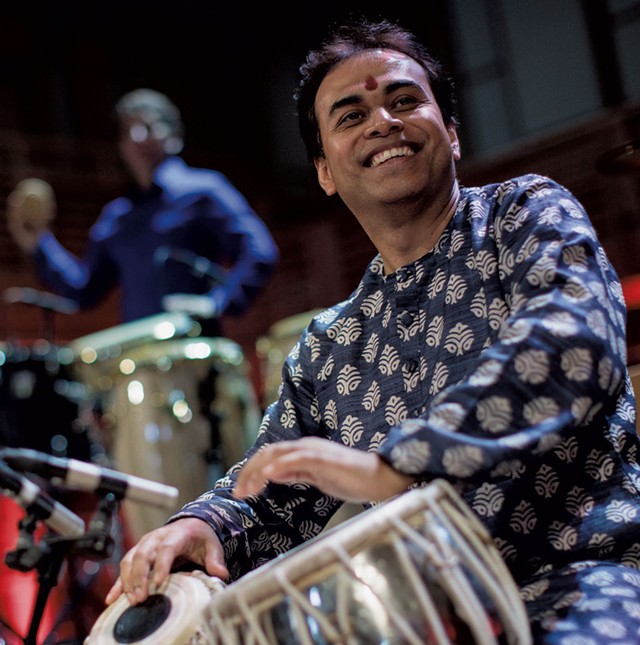
- Courtesy Of Max Whittaker
- Sandeep Das playing the tabla
The Lake Champlain Chamber Music Festival is largely based at Elley-Long Music Center in Colchester, but this Saturday, August 17, it will begin a whirlwind global tour. Over eight days, concerts and talks will explore classical music influenced by folk traditions from South American countries such as Peru and Argentina; Asian locales such as Iran, Azerbaijan and India; Africa's Madagascar and Nigeria; and a swath of Europe from Hungary to France. A tabla — a pair of hand drums from the Indian subcontinent — will be slapped and marimbas struck, alongside the usual sounds of violin, viola, cello, piano, harp, flute, clarinet and voice.
"Folklore," the theme of the festival's 16th season, is an idea Soovin Kim said he "scribbled down in year one." The violinist founded the festival and is co-artistic director with his wife, pianist Gloria Chien. He described folk traditions as both basic for audiences and central to classical music.
"Folk music is the music that we all know without studying anything," Kim said. "It's almost in our bones, I think. And we also learn it from our environment after we're born. This is really at our core as human beings."
As musicians, he added, "The influence of folk music on so-called 'formal' classical compositions is something that is staring at us every single day. When we're playing Brahms, we're constantly trying to think about what folk music influences he had. Also, Bach dances: What is a minuet; what were the steps; how did the body move? This is just all day, every day being a musician."
Some of the programming is expected for a folk-themed festival, including Johannes Brahms' ever-popular Roma-inspired Hungarian Dances (1869); Antonín Dvořák's Piano Trio No. 4 (1890), echoing Bohemian and Czech folk music; and two works by Béla Bartók, who recorded disappearing Hungarian and Romanian peasant songs on a phonograph in the early 1900s.
Other music may be "unfamiliar" to audiences, Kim said. The second concert, "Stories From Asia," at All Souls Interfaith Gathering in Shelburne, features Japanese children's songs and Korean folk songs, both played on a marimba; "Rhythms of India" played on a tabla — one of the world's most difficult instruments to master, according to festival notes; and a 2019 piece for violin and tabla by Indian American composer Reena Esmail.
Because folk music is often learned in childhood and helps form identity, much of the program is "very personal," Kim said. The most personal moment of the festival may well be an opening-day talk by Kim's father, Jin Kim, titled "The Power of Folklore." The elder Kim was born in Korea and is a professor emeritus of communication studies at the State University of New York at Plattsburgh.
When Kim first asked his father to speak, he protested, Kim recalled with a laugh. "He said, 'I don't know anything about music.'" They eventually arrived at a subject Jin could feel comfortable talking about: "how Korean folk traditions and intercultural communication have shaped the experience of his children, grandchildren and American popular culture," according to the festival program.
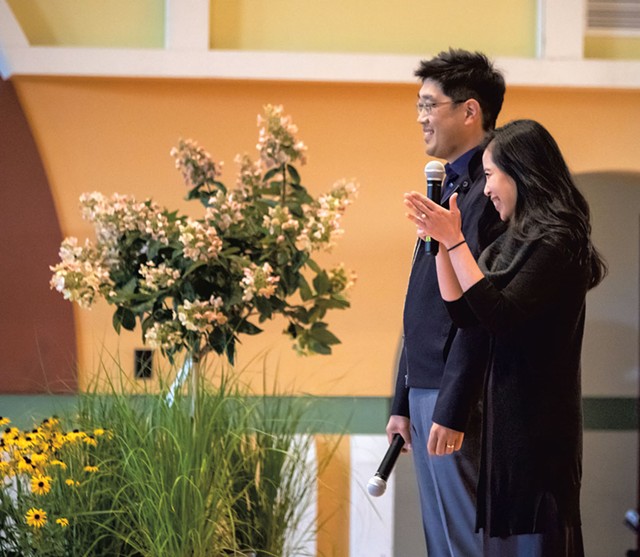
- Courtesy Of Luke Awtry Photography
- Soovin Kim and Gloria Chien
Such a presentation makes sense only at Kim and Chien's Vermont festival, Kim said, "because of this lifelong relationship so many of our audience have had with us, and with my parents." The couple are also co-artistic directors of Chamber Music Northwest in Portland, Ore., and Chien founded String Theory, a chamber music series in Chattanooga, Tenn. But Kim played for the Vermont Youth Orchestra Association while growing up in Plattsburgh, N.Y., and his parents have attended every festival.
Kim added, "My father also happens to be a great speaker. He's going to steal the show."
Marimba player Ji Hye Jung's performance will also be personal. Jung was born in Korea, moved to the U.S. at 19 to attend the Peabody Conservatory at Johns Hopkins University and lives in Nashville, where she directs the percussion program at Vanderbilt University's Blair School of Music. She'll play selections from Korean Songs for Marimba, a collection of 10 études that she cowrote with a friend. Jung's inspiration was her daughter, who is now 6, she said, and to whom she used to sing one of the songs regularly.
Like Kim, Jung was not from a musical family. She first heard a marimba in kindergarten at age 4. "I would lie on the ground and feel the resonance of this instrument," she recalled; she dedicated herself to it at age 11.
Jung will play a modern concert version of the instrument, with a rosewood keyboard and aluminum resonators, that's very different from the centuries-old marimbas of Colombia and parts of Africa, she said. The program's other marimba player, Keiko Abe, 87, a Japanese composer and performer, developed the instrument's now-standard five-octave range.
The festival is called "Folklore" rather than "Folk Music" for a reason: Many other folk arts influenced the programmed works. American composer Gabriela Lena Frank, for example, whose mother is of Peruvian and Chinese heritage, based "Cinco Danzas de Chambi for Viola and Piano" (2006) on photographs by Martín Chambi (1891-1973), a Peruvian who spent his life photographing Indigenous traditions and celebrations. Argentinean-born composer Pablo Ortiz set his compatriot Maria Negroni's poems to music in "Los Cementerios de Paris," for soprano and piano. Both works will be played in the opening-day Spotlight Concert.
Not all folk influences go back to the source. For instance, Maurice Ravel based his Chansons madécasses (1925-1926) on fellow Frenchman Évariste de Parny's poems, which were Eurocentric interpretations of folk songs from Madagascar. When is a folk influence a romanticized appropriation? The festival's resident composer, David Serkin Ludwig, will address this issue during his series of three talks, "Inside Pitch." Ludwig's piece "Berakhah" (2020), for solo clarinet, will be played at a concert titled "East to West" and derives its melodies from Jewish cantorial practices.
The Lake Champlain Chamber Music Festival has such a high level of programming and musicianship that it has generated outsize expectations among attendees — the numbers of which surpassed pre-pandemic levels last year. Speaking off the record recently, some audience members said this year's theme didn't excite them.
Kim, however, noted that he hears similar comments every year. "Then they come, and they say, 'Wow, how are you going to top this next year?'"
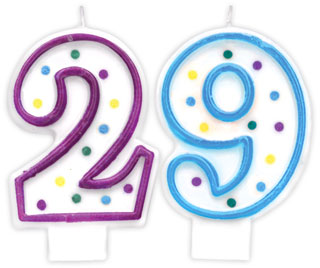





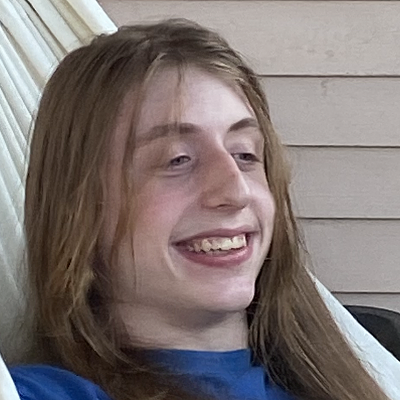
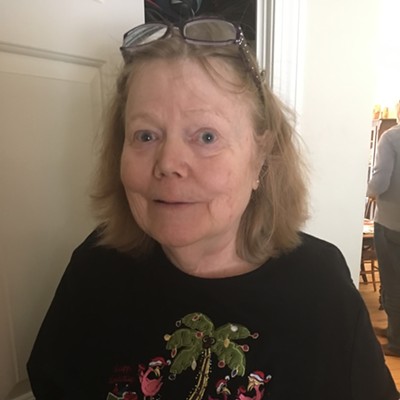
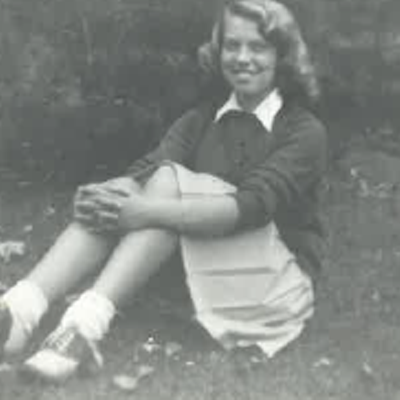
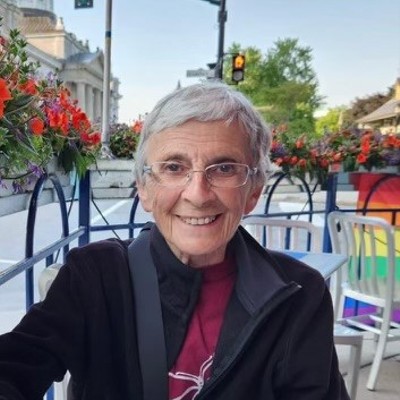
Comments
Comments are closed.
From 2014-2020, Seven Days allowed readers to comment on all stories posted on our website. While we've appreciated the suggestions and insights, right now Seven Days is prioritizing our core mission — producing high-quality, responsible local journalism — over moderating online debates between readers.
To criticize, correct or praise our reporting, please send us a letter to the editor or send us a tip. We’ll check it out and report the results.
Online comments may return when we have better tech tools for managing them. Thanks for reading.